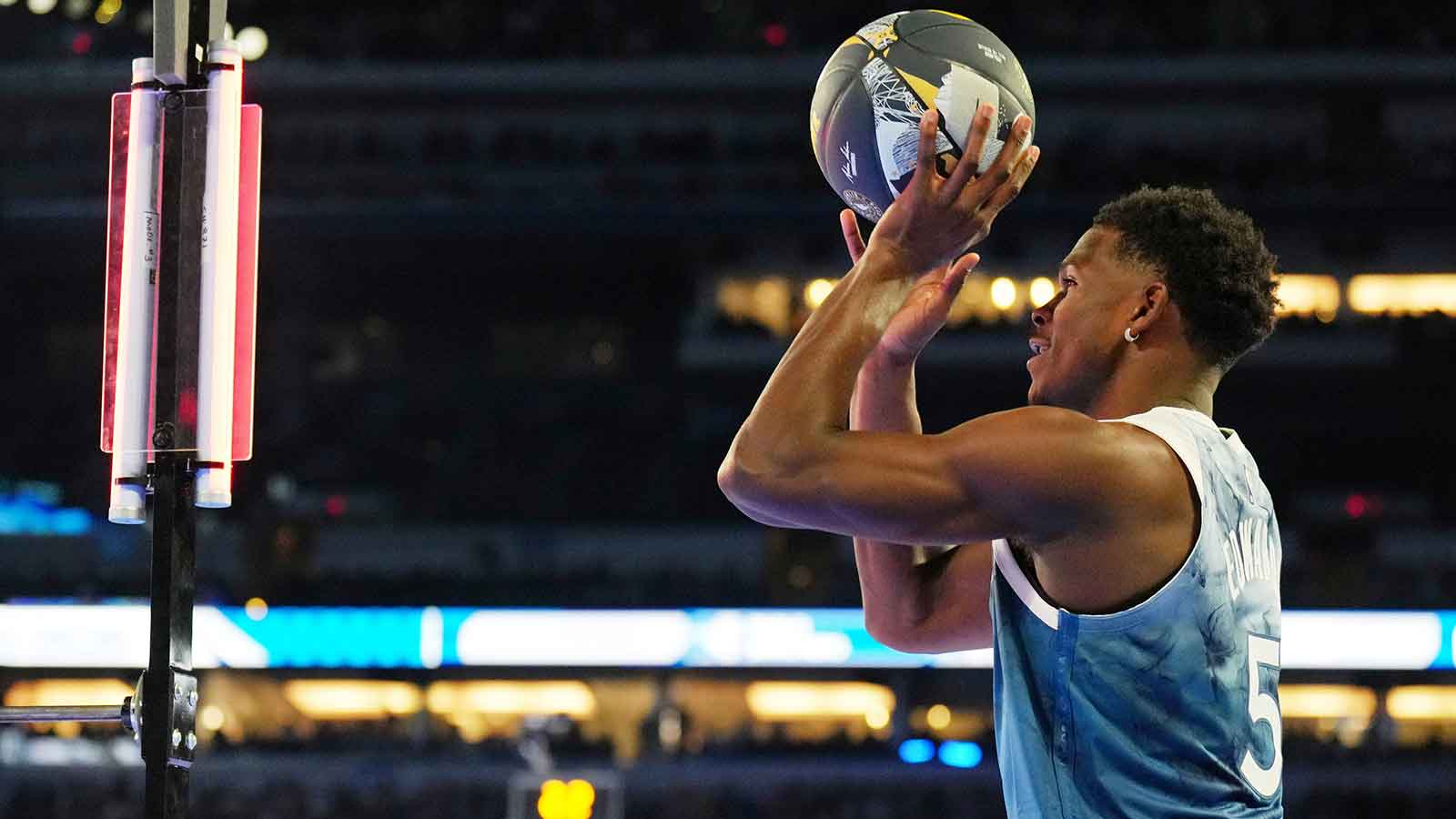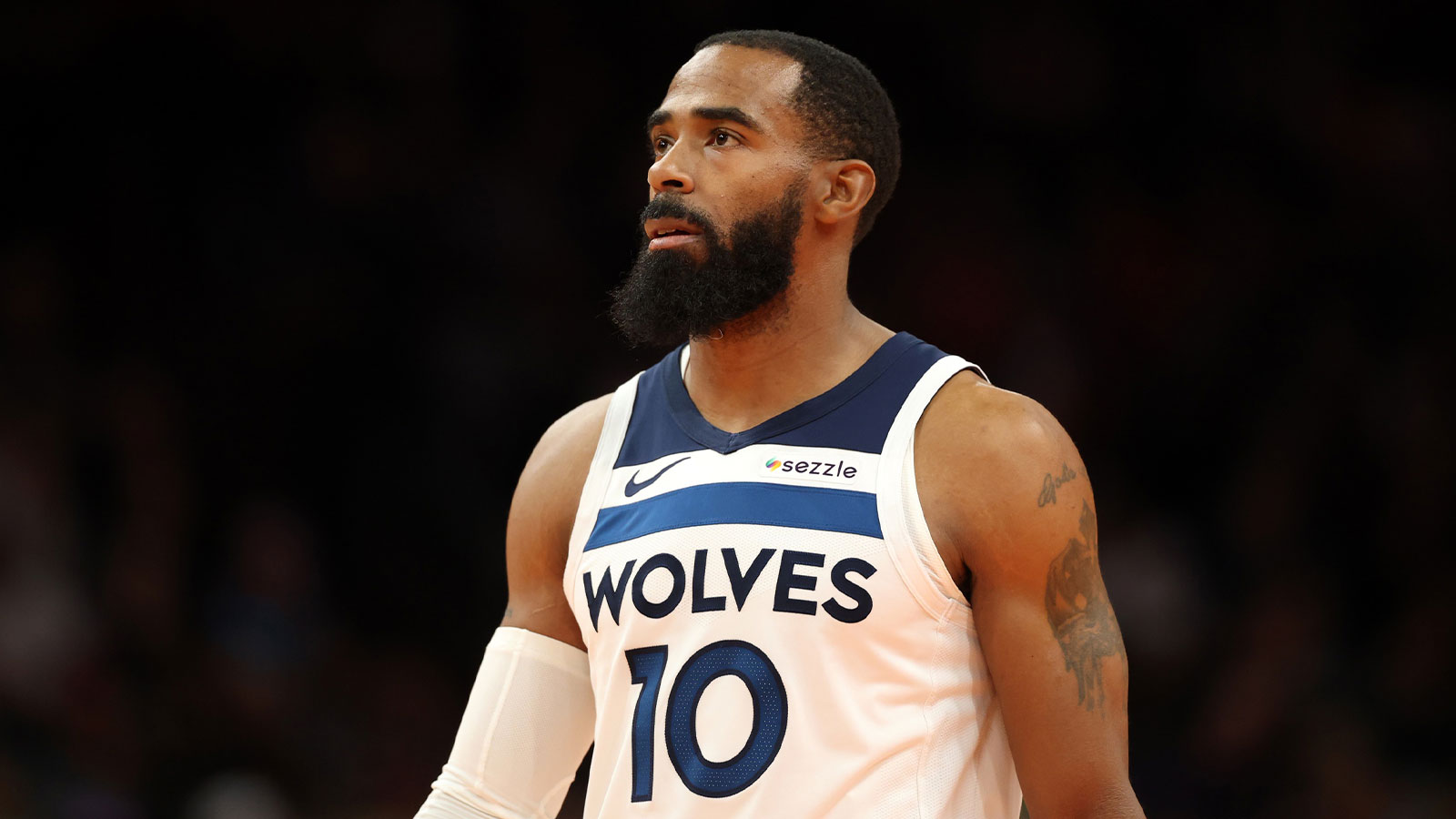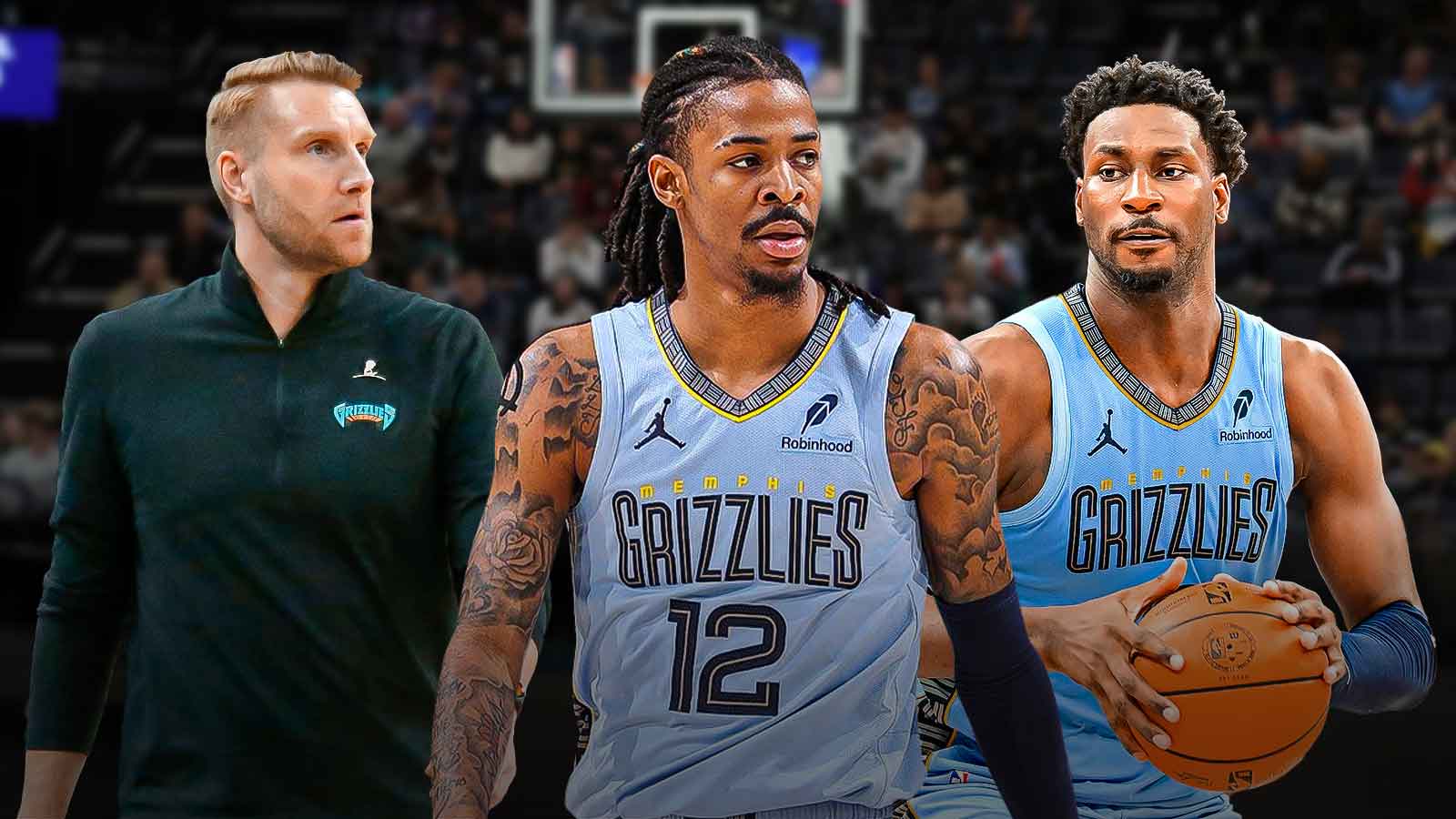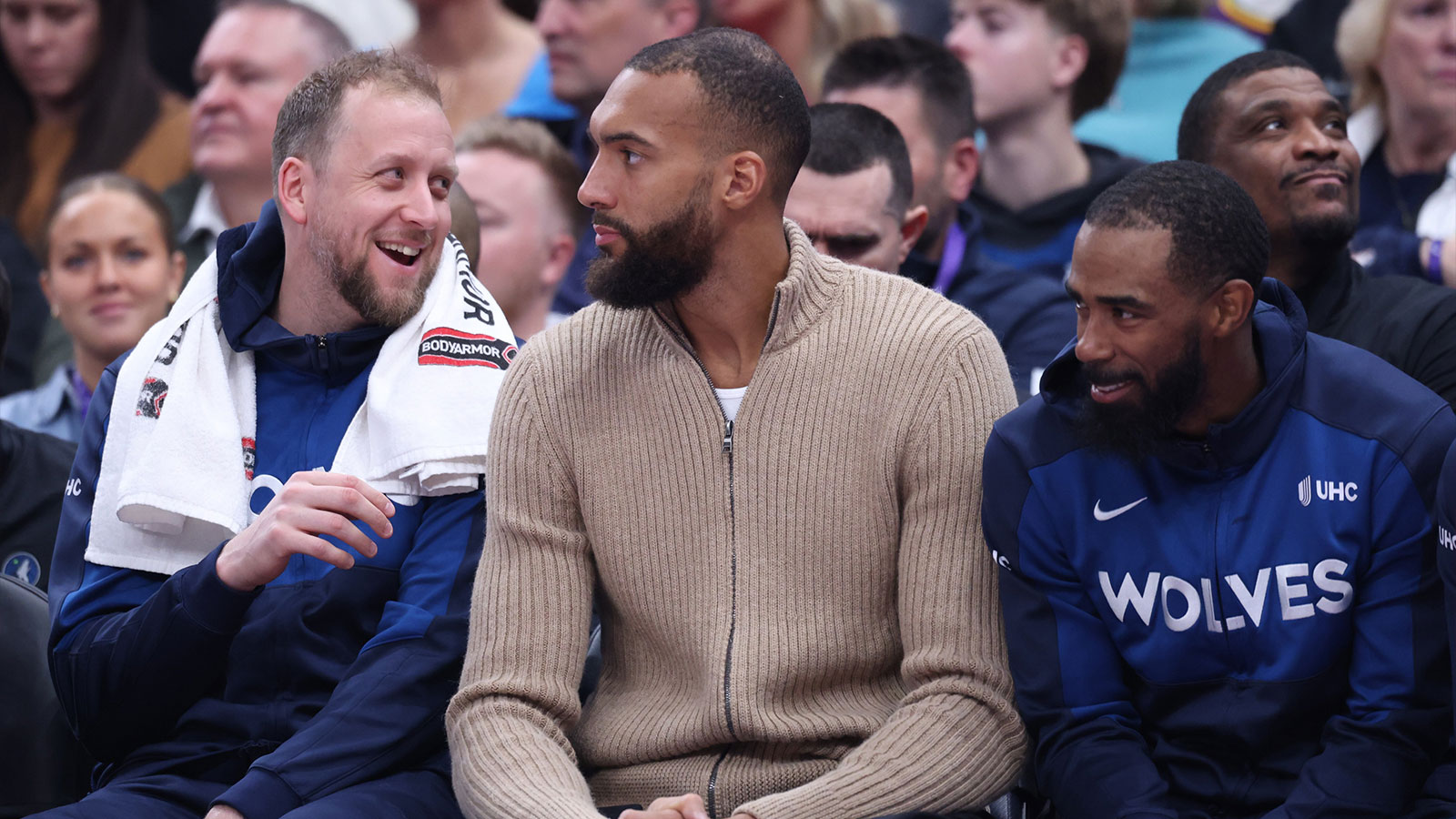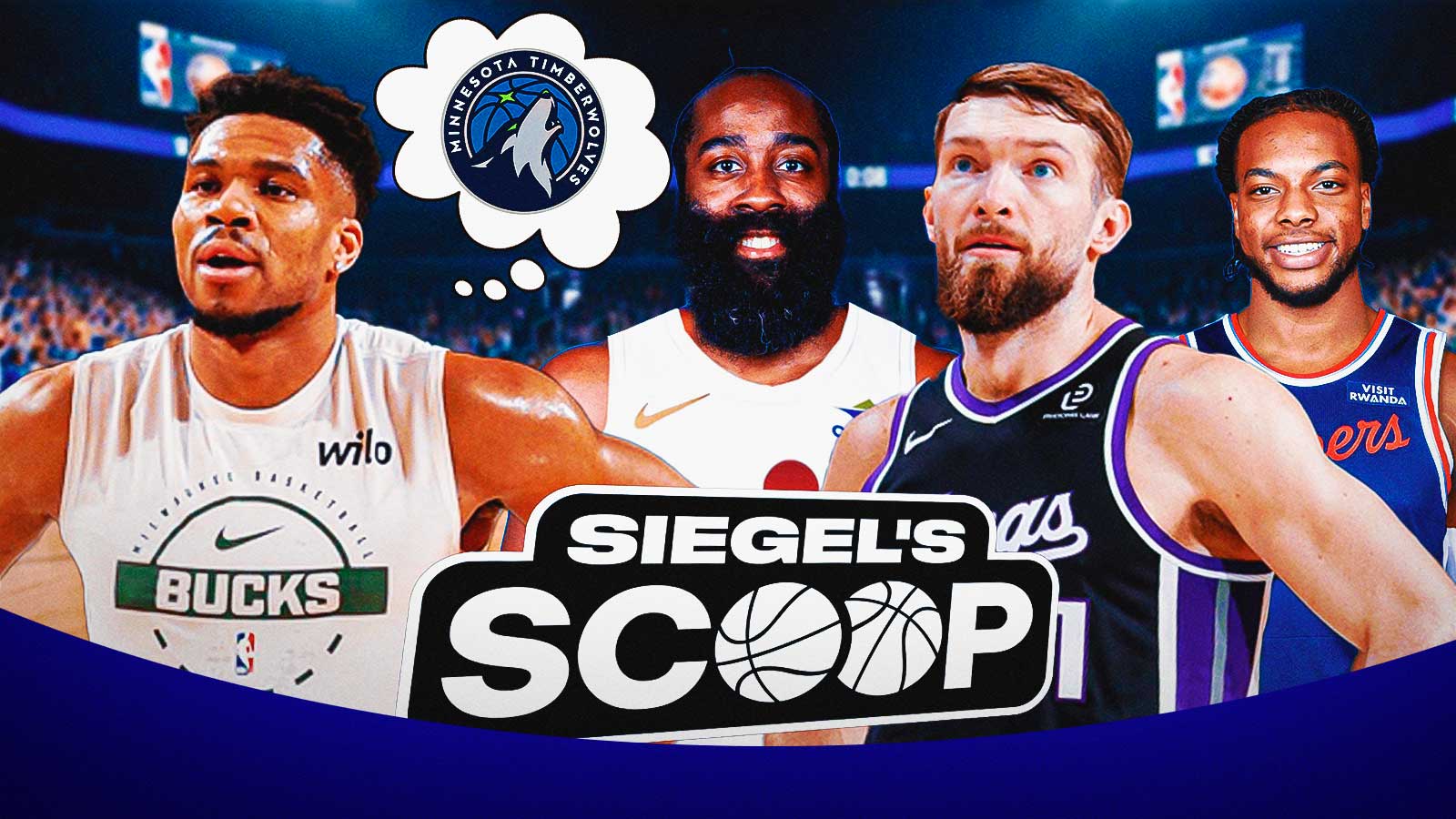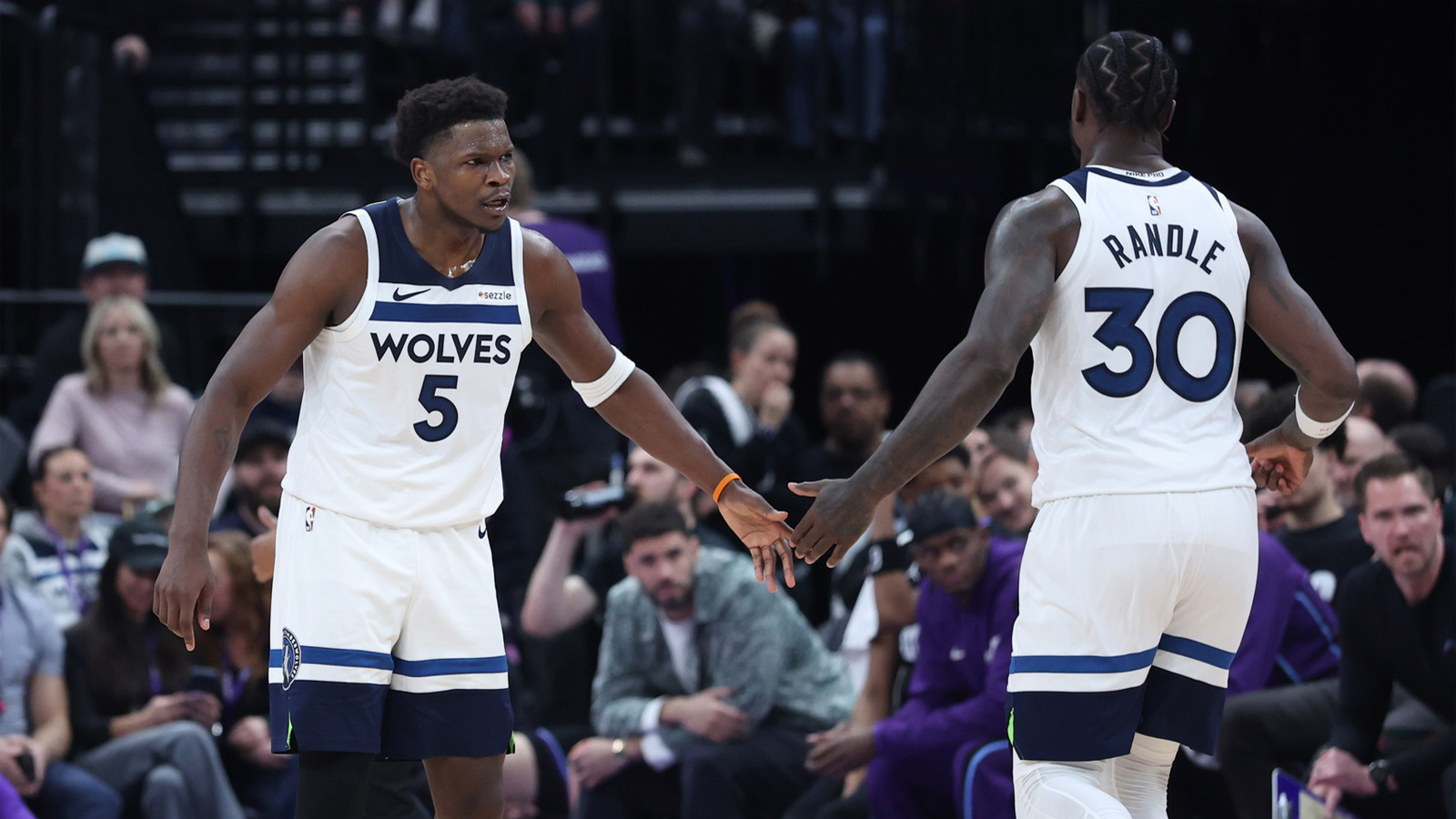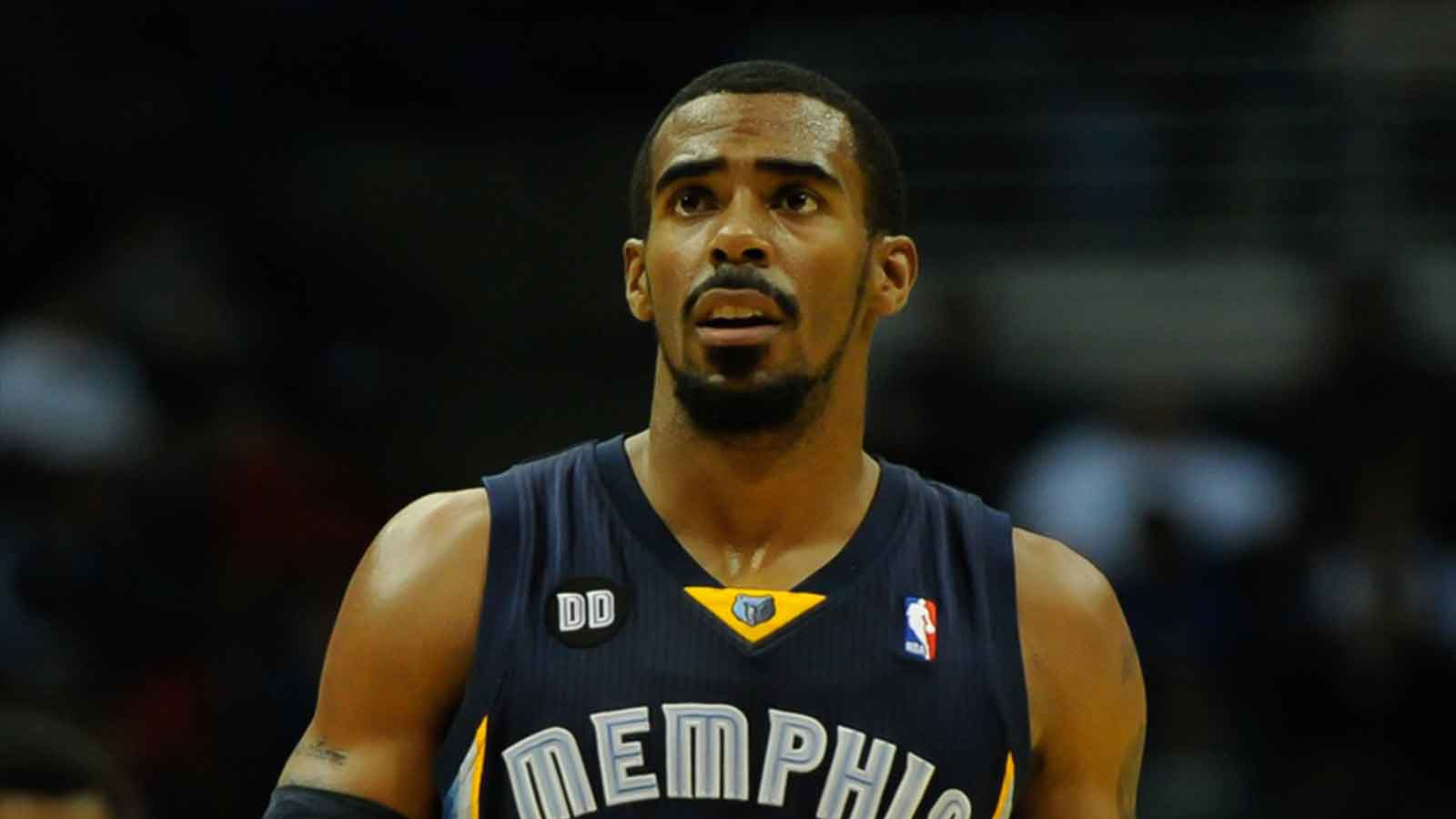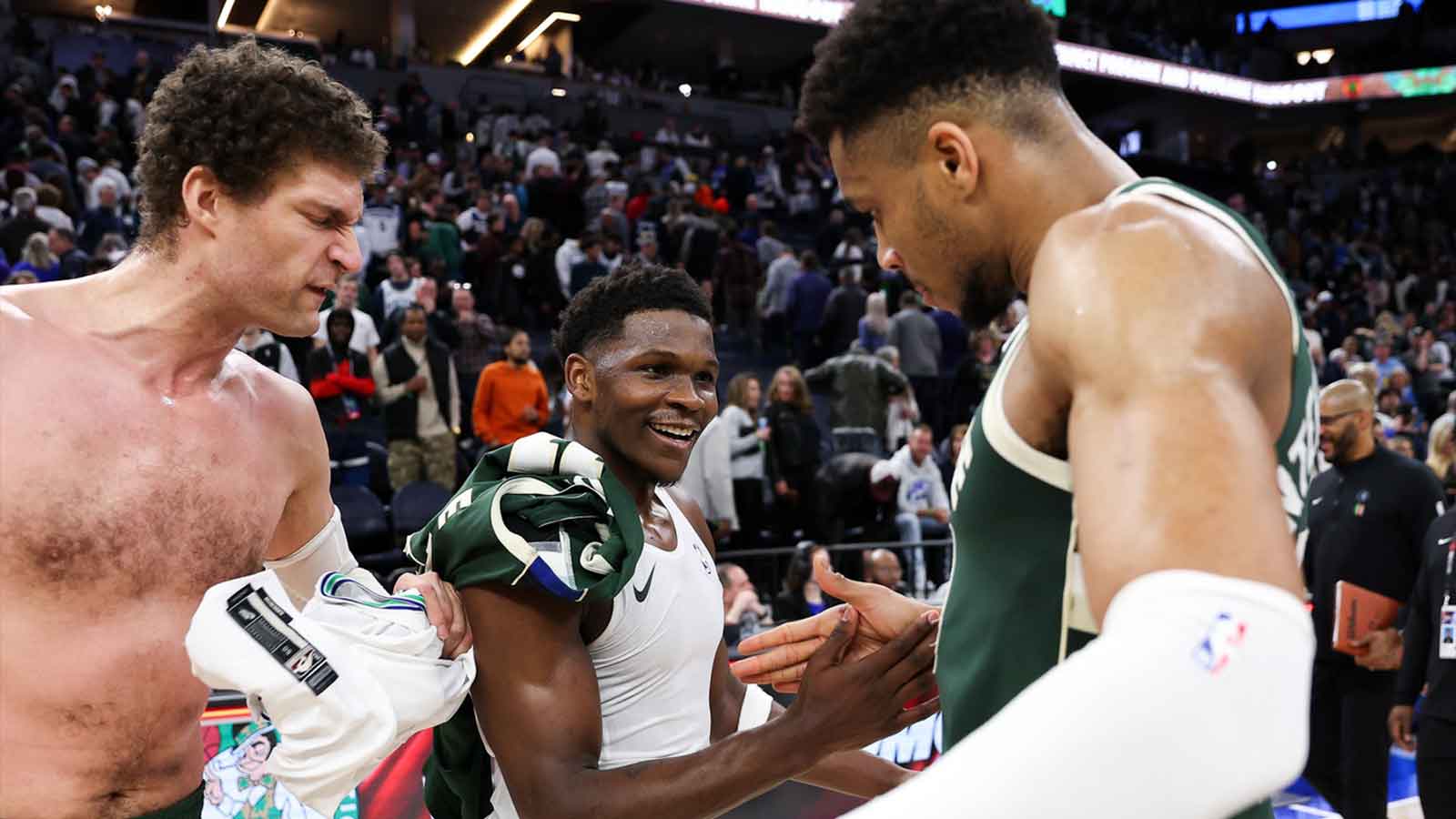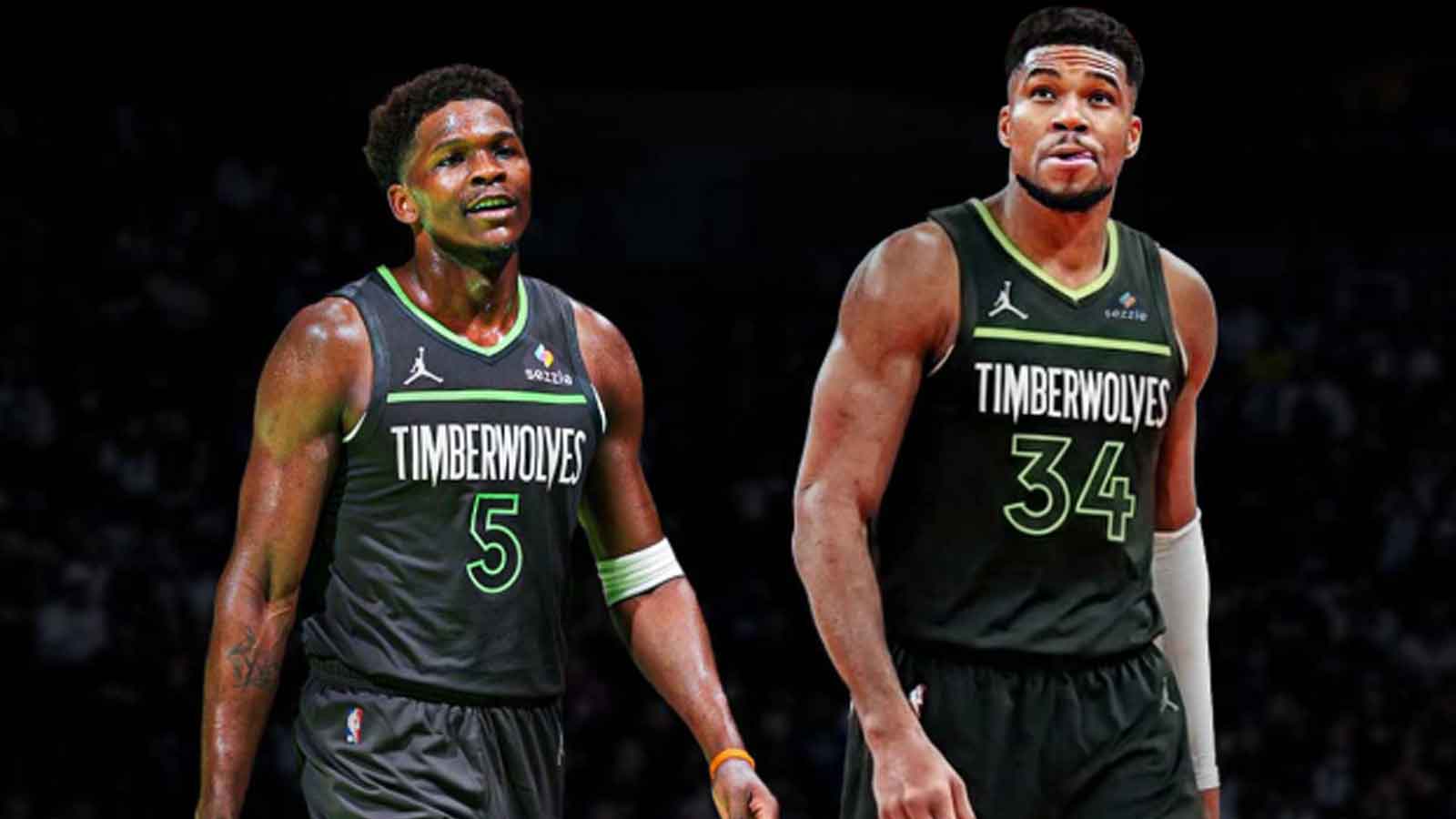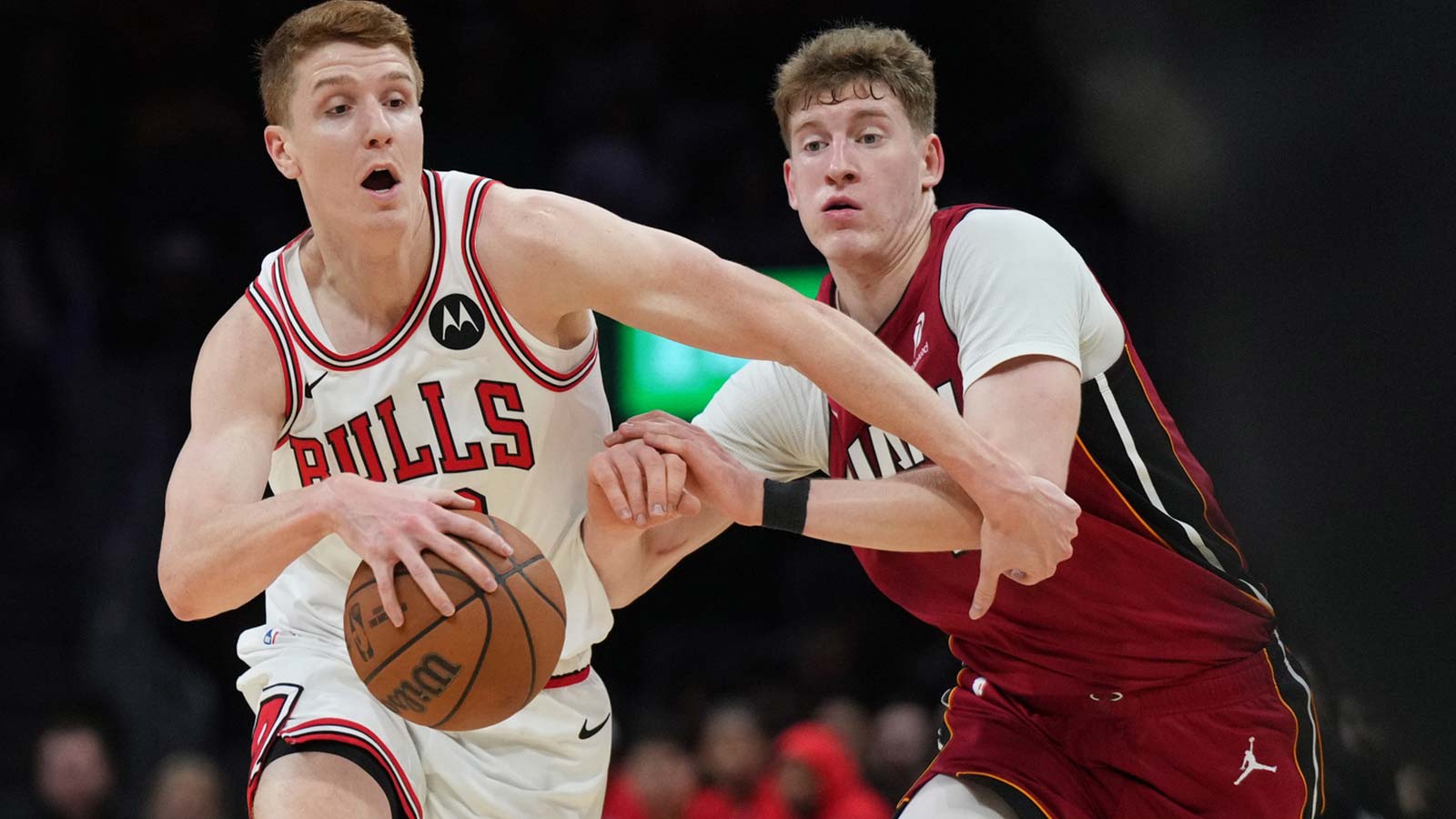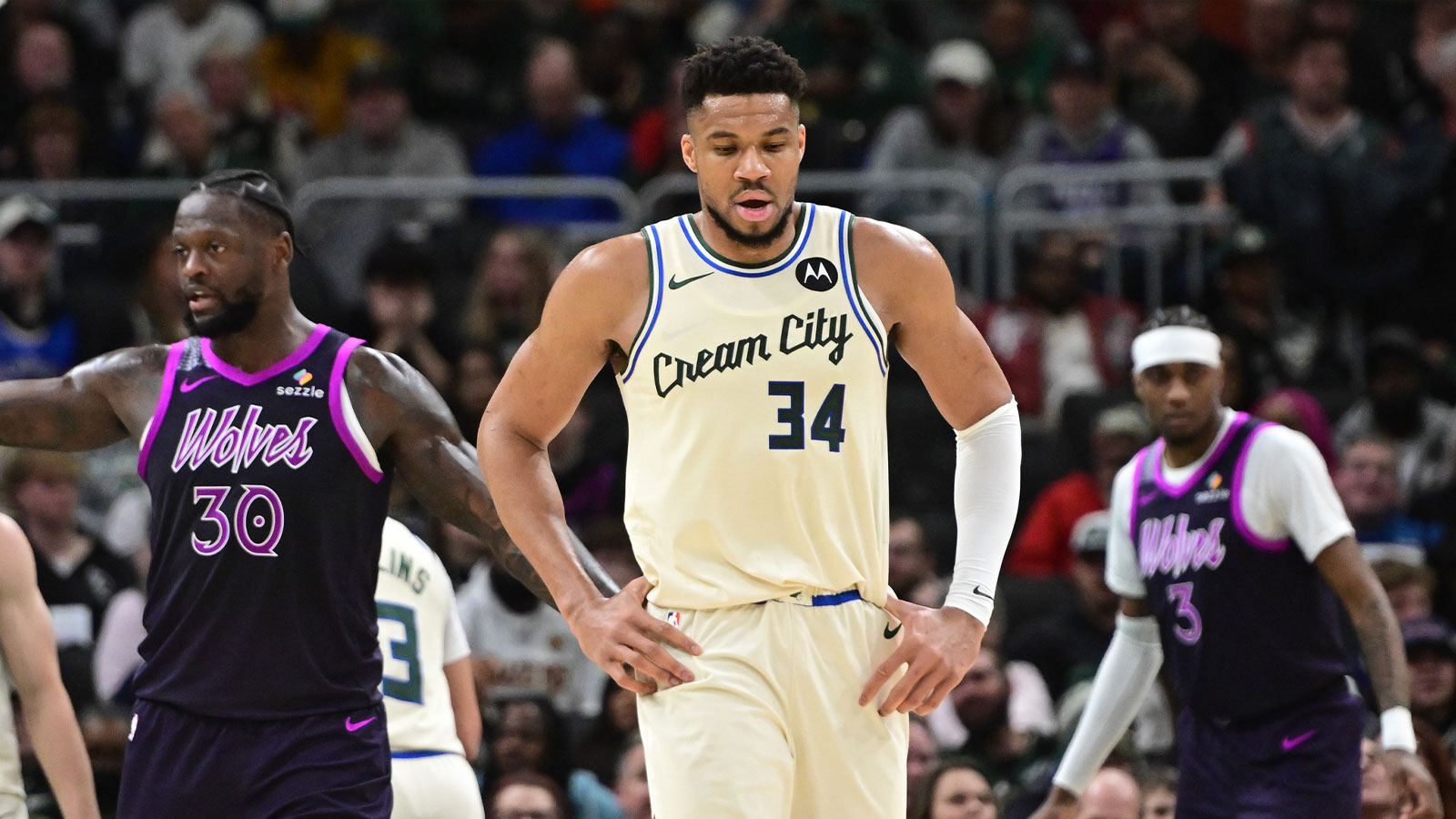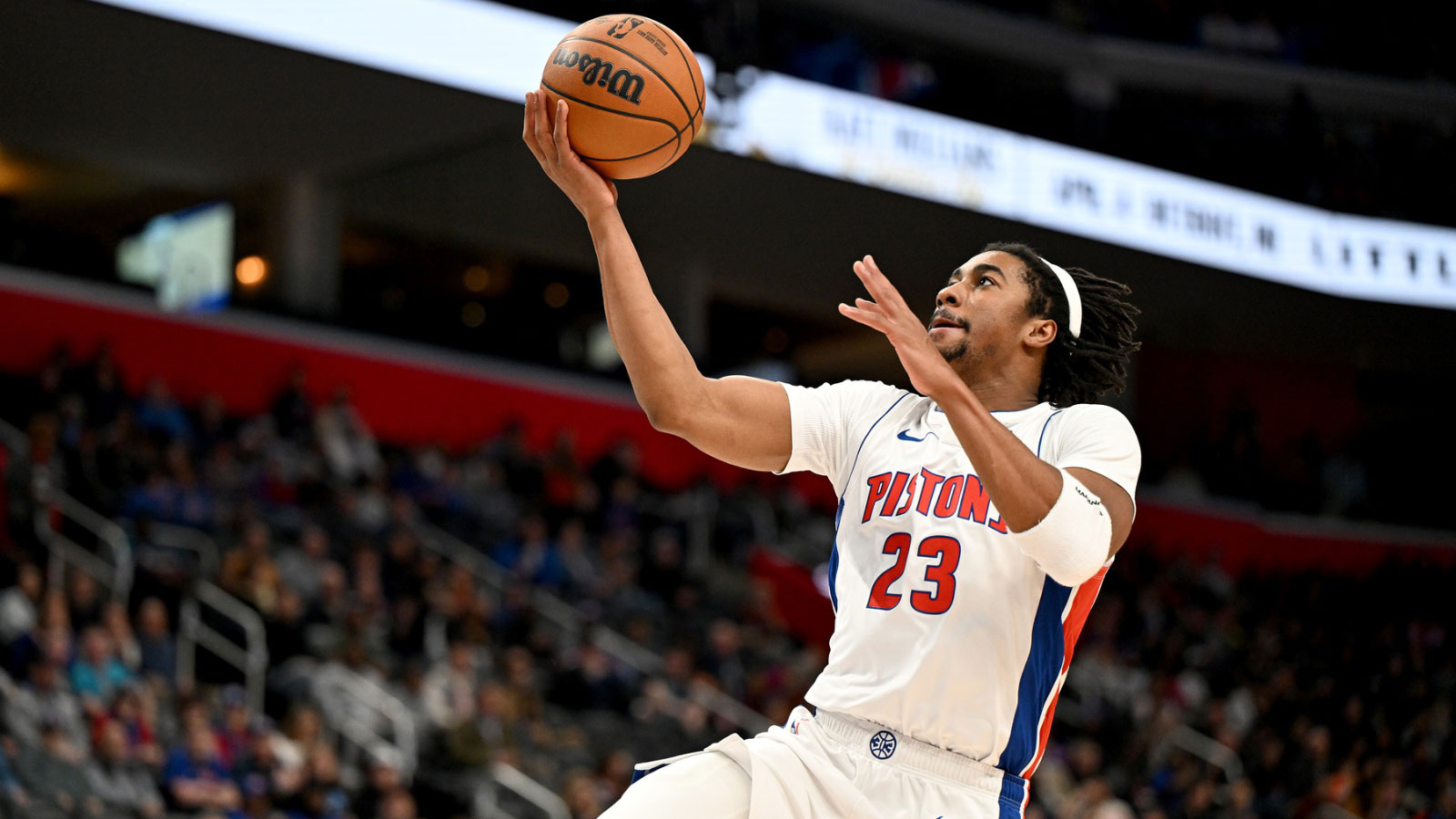Fergie's appalling rendition of the Star Spangled Banner and the fact that we've witnessed a glimpse of real defense being played in the closing minutes of the 2018 All-Star Game completely overshadowed one of the rare precedents pertaining to the NBA star showdown – Jimmy Butler opting not to participate in the most anticipated regular season game due to alleged fitness issues.

Butler's unexpected decision made him the first player ever to sit out the All-Star Game with a DNP-CD. He surpassed DeMarcus Cousins who logged two and a half minutes of playing time last season despite both getting traded during the All-Star Weekend and having injury concerns, as well as Kobe Bryant who started and played three minutes back in 2008, undeterred by a pinky finger injury.
The 41 minutes spent on court in a comeback win against the Los Angeles Lakers just before the All-Star break apparently took too much of a toll on Butler, who told coach Mike D'Antoni not to bother incorporating him into the rotations prior to the game. Butler's plea to take a night off and prepare for the Timberwolves' final stretch of the season, during which they will fight hard to maintain home court advantage in the first round of the playoffs, actually has a solid rationale.

Anyone acquainted with the coaching methods utilized by Tom Thibodeau is fully aware that he tends to run his starters to the ground during the regular season. Butler, who built a reputation of a resilient player in his six years in Chicago, got the opportunity to experience all the positives and the negatives that the unconventional approach of his first NBA coach entails for yet another season. He currently leads the entire league in minutes played with 37.3 minutes per contest, and his playing time peaked just before the All-Star break; in a stretch of five games in eight days leading up to the break Butler was spending almost 41 minutes per game on the court.
If we disregard the speculations that Butler was sick, or even hungover after a night of partying in Los Angeles, the pure numbers sure do provide a solid basis for his choice to ride the pine for the entirety of the All-Star Game. However, it seems that he could have handled the matter in a less selfish and a more tactful manner. He wouldn't even have to look too far to find an example.

Despite not playing in the two regular-season matchups preceding the All-Star festivities due to a knee injury and allegedly being picked last in the draft conducted by LeBron James and Steph Curry, LaMarcus Aldridge mustered enough energy and humility to step on the court and honor the trust that the coaches and fans bestowed upon him. Aldridge logged a single block in just four minutes, but Spurs fans were undoubtedly proud of him extending the 20-season long stretch (by far the longest in the NBA) of at least one franchise representative at the All-Star Game.
Butler's decision to completely pass up on an All-Star appearance, therefore, makes absolutely no sense, especially since he already missed one two years ago due to injury. While his performances in the Wolves jersey fully justify his spot on the Team Stephen roster, wasting that spot on a player assuming the role of a spectator goes against the tradition of balanced playing time distribution at the All-Star Game.
After all, it's not like there weren't any eager aspirants who would be willing to fill the vacant slot in Butler's place. Ben Simmons and Lou Williams, the two biggest snubs who got left out even after the Team LeBron curse took its victims, would definitely give another dimension to the game, at least moreso than a sidelined Jimmy Butler.

That especially rings true for Sweet Lou who is having an All-Star worthy year by all accounts, and who repeatedly expressed his displeasure at being snubbed by the coaches in the latter part of the selection process. Unlike Simmons, Williams remained a conference peer to Butler after signing a three-year extension, and that, coupled with the fact that he is currently a Los Angeles resident, would make him the only logical replacement had Butler and the league chosen to take that route.
It's hard to imagine Butler realized he needed rest immediately prior to the tip-off, so it seems that such a replacement could have easily been arranged with all parties on the same line. Rest assured that Williams would show up at the Staples Center at a moments notice had he been notified that he'll be named as a replacement player. Since that didn't happen, Williams didn't hesitate to call out Butler on his controversial decision (he later retracted the statement in a snarky tweet).

While this turn of events will surely fall between the cracks as the regular season restarts on Thursday, a lingering impression that the whole situation might have been handled more professionally by Jimmy Butler and the NBA still remains. Considering Butler's workload, his decision makes sense to a certain extent, but not conceding his spot to another deserving player (i.e. Lou Williams) in a timely manner does not.
The proposed solution actually makes sense for all the involved parties: no one would think less of Butler giving his place to Williams, and he would have surely gotten love from L.A. fans; the NBA would be applauded for promptly reacting and securing the best possible rendition of the All-Star game; Lou Williams' bitter campaign of trying to adorn his incredible season with an All-Star selection would come to a happy end. However, none of this came to fruition, and so Los Angeles became the first host city without an All-Star representative since 2005, which is not exactly a boastful accomplishment.

Let's just hope this doesn't start a trend of players sitting out All-Star games due to personal reasons, and that we will get to witness the talent of the best 24 healthy players on the planet on full display in every All-Star Game from now on.









